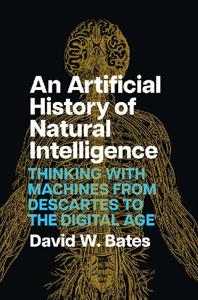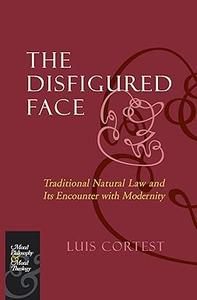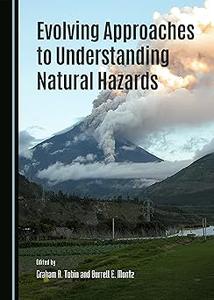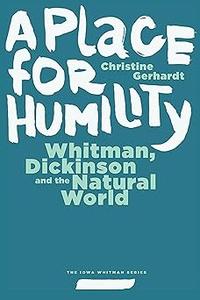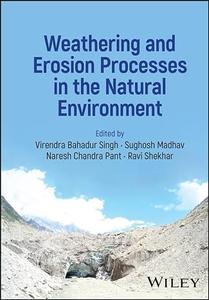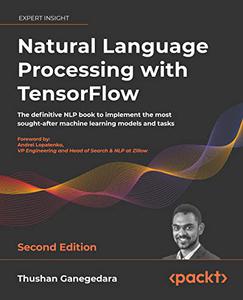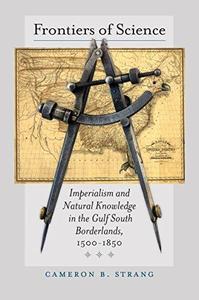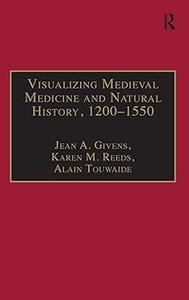
Free Download Jean A. Givens, "Visualizing Medieval Medicine and Natural History, 1200-1550 "
English | ISBN: 0754652963 | 2006 | 304 pages | EPUB | 7 MB
Images in medieval and early modern treatises on medicine, pharmacy, and natural history often confound our expectations about the functions of medical and scientific illustrations. They do not look very much like the things they purport to portray; and their actual usefulness in everyday medical practice or teaching is not obvious. By looking at works as diverse as herbals, jewellery, surgery manuals, lay health guides, cinquecento paintings, manuscripts of Pliny’s Natural History, and Leonardo’s notebooks, Visualizing Medieval Medicine and Natural History, 1200-1550 addresses fundamental questions about the interplay of art and science from the thirteenth to the mid-sixteenth century: What counts as a medical illustration in the Middle Ages? What are the purposes and audiences of the illustrations in medieval medical, pharmaceutical, and natural history texts? How are images used to clarify, expand, authenticate, and replace these texts? How do images of natural objects, observed phenomena, and theoretical concepts amplify texts and convey complex cultural attitudes? What features lead us to regard some of these images as typically ‘medieval’ while other exactly contemporary images strike us as ‘Renaissance’ or ‘early modern’ in character? Art historians, medical historians, historians of science, and specialists in manuscripts and early printed books will welcome this wide-ranging, interdisciplinary examination of the role of visualization in early scientific inquiry.

